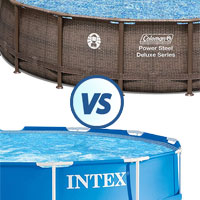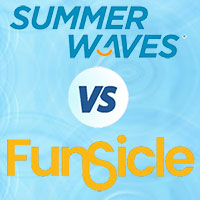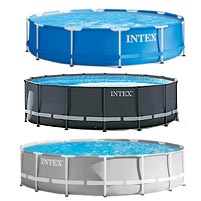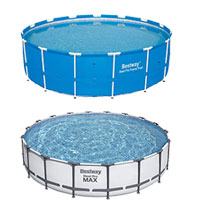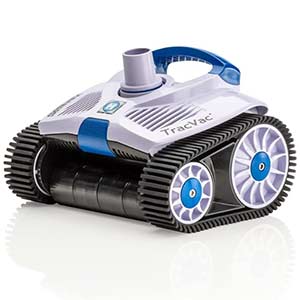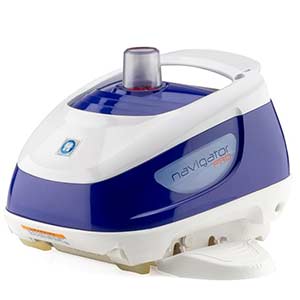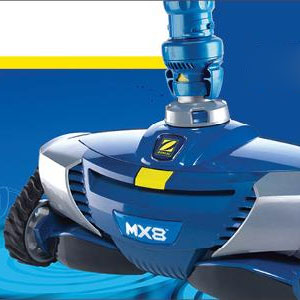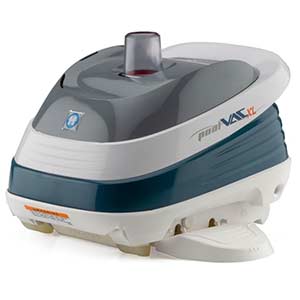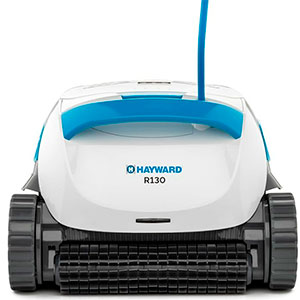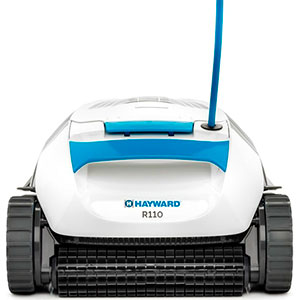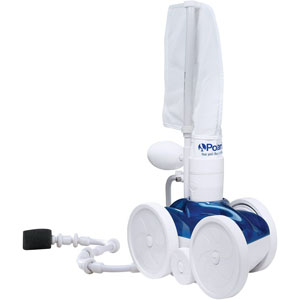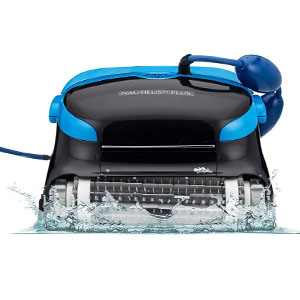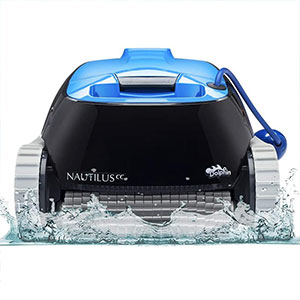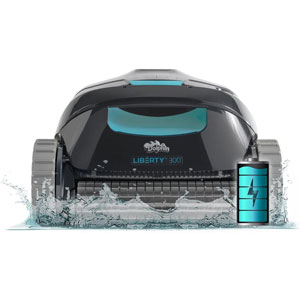Best Pools
Coleman vs Intex Pools – Find Your Best Frame Pool
February 22, 2024
0
Bestway vs Intex vs Summer Waves Swimming Pools
February 10, 2024
30
Funsicle vs. Summer Waves: Brand and Product Review and Comparison
January 3, 2024
0
Summer Waves vs Intex Comparison Review
December 29, 2023
0
Intex Metal Frame Pool vs Prism Frame Pool vs Ultra Frame Pool
March 14, 2023
39
Bestway Steel Pro vs. Steel Pro Max: Honest Reviews
March 6, 2023
19
The Best Above-Ground Pools to Buy in The Market
April 18, 2018
1


